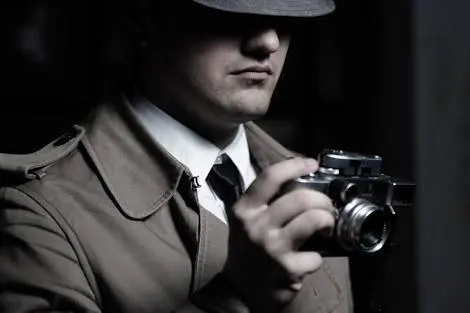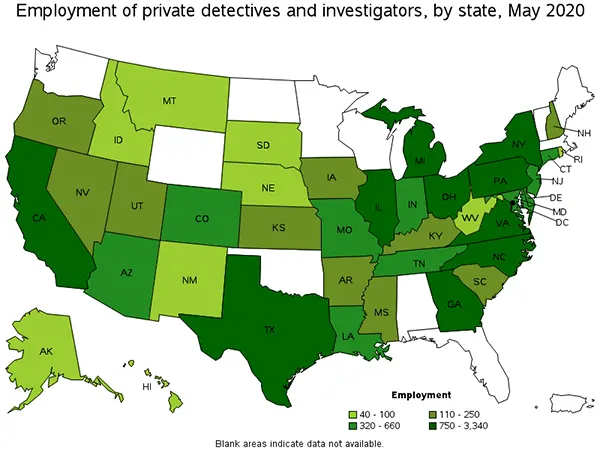
Key Takeaways
- Indications of possible infidelity might involve sudden secrecy, such as a partner becoming extremely protective of their phone or computer.
- Private investigators are trained to collect admissible evidence that can be used in legal proceedings if necessary.
- Upon completing the investigation, investigators compile a detailed report that summarizes their findings.
Suspecting infidelity within a marriage or relationship is a painful and emotionally challenging experience. When doubts and suspicions arise, many individuals turn to the services of a private investigator to uncover the truth.
In this article, we will delve into their role in suspected infidelity cases, shedding light on the process, techniques, and ethical considerations involved.
Understanding the Concerns
Suspicions of infidelity can deeply affect a person’s mental and emotional well-being, as these concerns usually arise from a mix of behavioral changes, circumstantial evidence, and intuition. Indications of possible infidelity might involve sudden secrecy, such as a partner becoming extremely protective of their phone or computer.
Emotional distance leads to a decline in intimacy or communication, altered routines with late work hours, or frequent outings with friends accompanied by vague reasons. Changes in appearance like grooming habits or clothing selection, and a diminished interest in sexual intimacy or even an aversion to it, reflect a strained relationship.
When to Hire a Private Investigator
Before delving into the world of private investigation, it is paramount to determine when it is appropriate to engage the services of an investigator, such as SQPI. Consideration must be given to the fact that hiring a service is a significant decision and should be undertaken with careful thought.
This map shows the number of private detectives employed in several states of the United States of America.

Some situations that can require the assistance of a private investigator include persistent doubt despite attempts at communication, and legal matters with potential consequences, such as divorce or child custody disputes. Concerns about personal safety or the well-being of children involved, and seeking confirmation to obtain closure and move forward from a relationship.
The Role of a Private Investigator
Private investigators, often referred to as PIs, are professionals trained to gather information discreetly and impartially. In suspected infidelity cases, their role can be multifaceted:
Surveillance
Surveillance is a primary task for investigators in infidelity cases. PIs discreetly monitor the subject of the investigation to gather evidence of their activities. This may involve tracking their movements, documenting interactions, and capturing photographic or video evidence.
Background Research
Private investigators conduct thorough background research on the subject, delving into their history, social circles, and potential connections that may be relevant to the investigation. This information can help in understanding the subject’s behavior and motivations.
Digital Investigation
In current demographics, investigators also employ digital forensics techniques to access and analyze electronic communication, such as text messages, emails, and social media activity. This can provide valuable insights into the subject’s interactions and intentions.
Legal Considerations
Ethical and legal considerations are paramount in the work of investigators. They must operate within the bounds of the law, ensuring that their methods do not infringe upon privacy rights or break any laws. PIs are well-versed in local and national laws regarding surveillance and data collection.
Evidence Collection
Private investigators are trained to collect admissible evidence that can be used in legal proceedings if necessary. This evidence can include photographs, videos, written records, and witness statements.
Report Preparation
Upon completing the investigation, investigators compile a detailed report that summarizes their findings. This report is typically provided to the client, who can then decide on the appropriate course of action.
Ethical Aspects
When handling cases of suspected unfaithfulness, private detectives must adhere to ethical principles. These include respecting the privacy rights of all parties involved, refraining from illegal wiretapping or monitoring areas, and complying with local regulations concerning consent for specific surveillance methods.
Moreover, they should present their conclusions impartially, without distortion or manipulation of evidence, as not only is this unethical, but it can lead to legal consequences. Besides, preserving strict client confidentiality is vital to ensure that all information obtained during the investigation remains confidential.
Dealing with suspected adultery is a difficult and emotionally charged matter that can impact relationships and the individuals involved. Investigators are instrumental in uncovering the reality behind doubts when abiding by ethical standards and legal restrictions.
In such instances, carefully evaluating the decision to hire a private investigator and consulting with experts who can offer guidance and support throughout the process is vital. In the end, a private investigator’s objective is to deliver clear and substantiated evidence that enables individuals to make informed choices regarding their relationships and futures.







